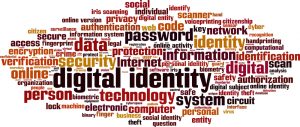It makes sense that any digital assets that contain money or something of value should be considered in your digital estate plan. However, with a growing number of accounts and assets online these days, it’s all too easy to downplay digital assets. In addition to your tangible assets, the sentimental value of and the potential financial value associated with your digital assets makes them well worth including.
A new study out of Australia found that people are most likely to own emails, banking records and social media accounts but they may also have domain names, online businesses, bitcoins, iTunes accounts and medical records online that should be incorporated into a comprehensive digital estate plan.
Online service providers will have different rules and strategies associated with how to deal with the deceased user’s account and will typically close them automatically after an individual has passed away. This may not be in your best interests or something that you desire, which makes it all the more important to review these policies now and have a stipulated plan for addressing them. Consulting with an estate planning attorney can help to clarify the most important issues involved in your digital estate and how you should approach the subject overall. 
Don’t forget about how all your documents should work together- for example, your beneficiaries on your retirement policies need to be updated because this will be looked at instead of what you list on your will. In addition to reviewing your will on a minimum of an annual basis, you’ll also want to take a look at your beneficiary forms requested by any of your bank, brokerage, retirement, and life insurance accounts to make sure they reflect what you’ve got in your plan.
